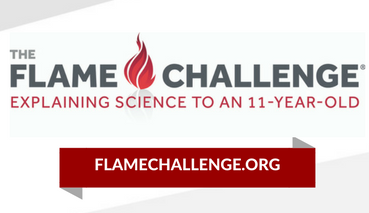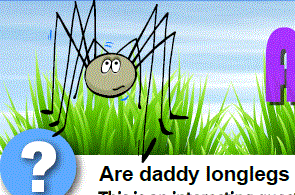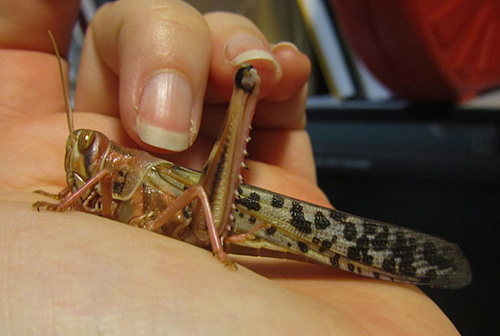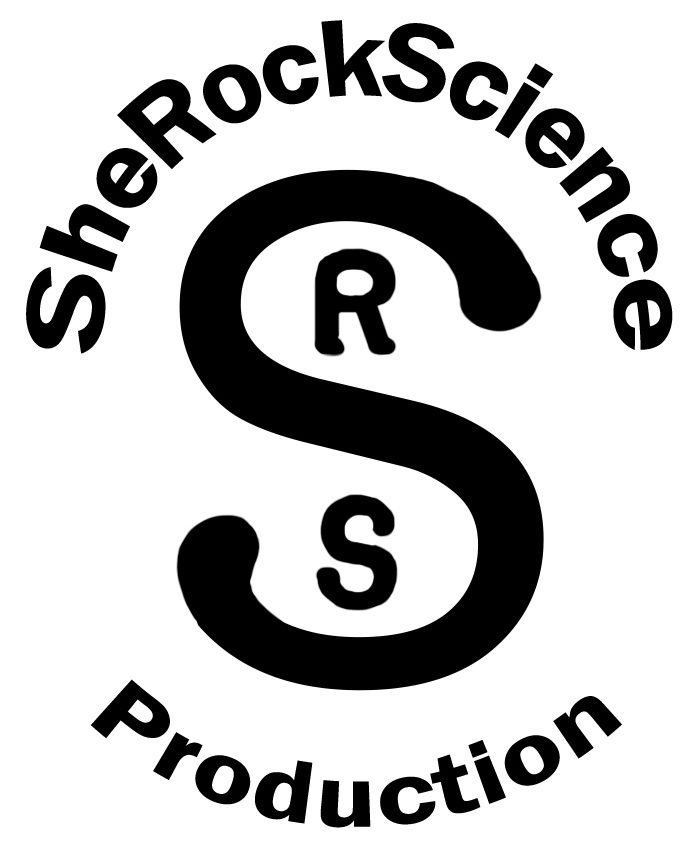Writing comes in many forms.
Dr. Gordon has written website materials, infographics, video scripts, general audience articles, research summaries, scientist spotlights and more. Much of her recent science writing is ghostwriting, and so, cannot be shared publicly. Please contact her for more information.
Please visit the Infographics and Video pages to see samples of Dr. Gordon’s writing in multimedia formats. For examples of her scientific writing, please see her Peer-Reviewed Publications.
General Audience Articles
Live Science Articles
- Dementia: Facts about Alzheimer’s and other forms of dementia: Understand the different types of dementia and the symptoms, stages, causes, and treatments. Live Science July 2025
- Superbugs evolve inside the human body: Learn how a 2025 study sequences bacteria from infections within the same patient to see bacterial evolution. Live Science June 2025
Older Articles
- Destroying Coronavirus: What is the biology behind how we are fighting the coronavirus?
Article: Published by Lifeology, this article explains some of the biology behind how we fight COVID.
Infographic: Dr. Gordon created an infographic to accompany the topic.
Video: This video is an animation Dr. Gordon created to explain how we fight coronaviruses.
- Coronavirus: Creating in the time of a pandemic.
Video: This video describes some basic virus facts.
Article: Published by Science Talk, this article explains the video production process.
- Eating Insects: North American Coalition for Insect Agriculture explains the benefits of eating insects.
Article: Published by Massive Science, this article explores the benefits of eating insects. Benefits are both for the environment and human health issues. Dr. Gordon explores some of the research about eating insects, insect farming, the environment (e.g., greenhouse gasses, land and water use), and trendy gourmet insect themed foods.
- Science Communication: #SciComm is becoming more widely appreciated among researchers.
Article: Published by Science Talk, this article discusses some tools available to create content. The focus is about a climate video aimed at 11-year old students.
- Different Audiences: Writing for different audiences is a necessary task.
What is an insect? In this writing sample, Dr. Gordon shows an example of how she adapts the topic of insects for different audiences. She writes for 5 year olds, undergraduate students, graduate students, and a professional in the field.
Research Article Summaries
- Complicated topics like “Stable iridium dinuclear heterogeneous catalysts supported on metal-oxide substrate for solar water oxidation” (Zhao et al, 2018) can still be broken down into concepts we all understand!
“Imagine a hot summer day, you are standing by a cool pool, but a brazen someone prematurely pushes you into the water. You are wet, yet, it feels great! The person who pushed you into the water is a catalyst that took you from a hot-dry state to a cool-wet state…”
- Awake…asleep…awake…asleep…AWAKE! Learn more about the circadian rhythm and how it affects many different tissue types in this summary of the research Mure et al (2018) at the Salk Institute where they tested 64 tissue types and >25,000 gene transcripts.
“So many of us wake up and want—no need—our caffeine fix in the morning before we start our day. This conditioning may reflect underlying processes in the body relating to our circadian rhythm. The circadian rhythm is…”
- Metallic Glass is a metal alloy, very strong, and what exactly? (Ren et al, 2018)
“Ever wonder how Superman gets his strength of steel? While that question may never be answered, recent leaps in discovery have been made about creating metallic glass with extremely strong and wear resistant properties. To unlock these discoveries…”
- Why do birds sing? Here is a summary about song transmission “Eavesdropping avoidance and sound propagation: the acoustic structure of soft song” (Vargas-Castro et al, 2017)
“When you shout to an auditorium full of people are you using the same language as when you whisper sweet nothings to your loved ones? Inherent to your message is your intended audience. Animals too craft their messages for lovers, foes in their territory, and eavesdropping predators…”
- Highlight of the laboratory of Louis K Scheffer, Ph.D. at the Howard Hughes Medical Institute
“A defining feature of an animal is that it has some form of a brain. Dr. Lou Scheffer’s group digs deep to understand the structural details of the brain and its neural tissues. Discoveries are made not only by creating a detailed map of each cell and its neighbor, but by comparing young to old brains and brains among different animals…”
- A summary of an article “Improving the accuracy of Møller-Plesset Perturbation Theory with Neural Networks” (McGibbon et al, 2017), well outside of my day-to-day science but really interesting work!
“Bigger and faster is better, right? Well, let’s add accuracy into the equation. The D. E. Shaw Research group recently published a paper that describes a new method to model noncovalent interactions, “
Youthful Audiences

The Alan Alda Center for Communicating Science asks scientists to answer, for 11-year old students a complicated question–that they will judge. In 2016 the question was: What is Sound?

The Alan Alda Center for Communicating Science asks scientists to answer, for 11-year old students a complicated question–that they will judge. In 2017 the question was: What is Energy?

Ever have a question you want to ask a scientist about? The Idaho Environmental Surveillance, Education, and Research Program has a forum for just that!
I answered the question: Are daddy longlegs the most venomous spiders?

As an early career scientist I entered my research into a competition where scientist had to explain their research to a general audience. As a finalist, the work was presented as a poster at the Glasgow Science Museum.
Using insect ‘ears’ to understand novel methods of sound reception
#SheRockScience #SheRockScienceProduction #SciComm #SciArt email: Shira at SheRockScience.com
